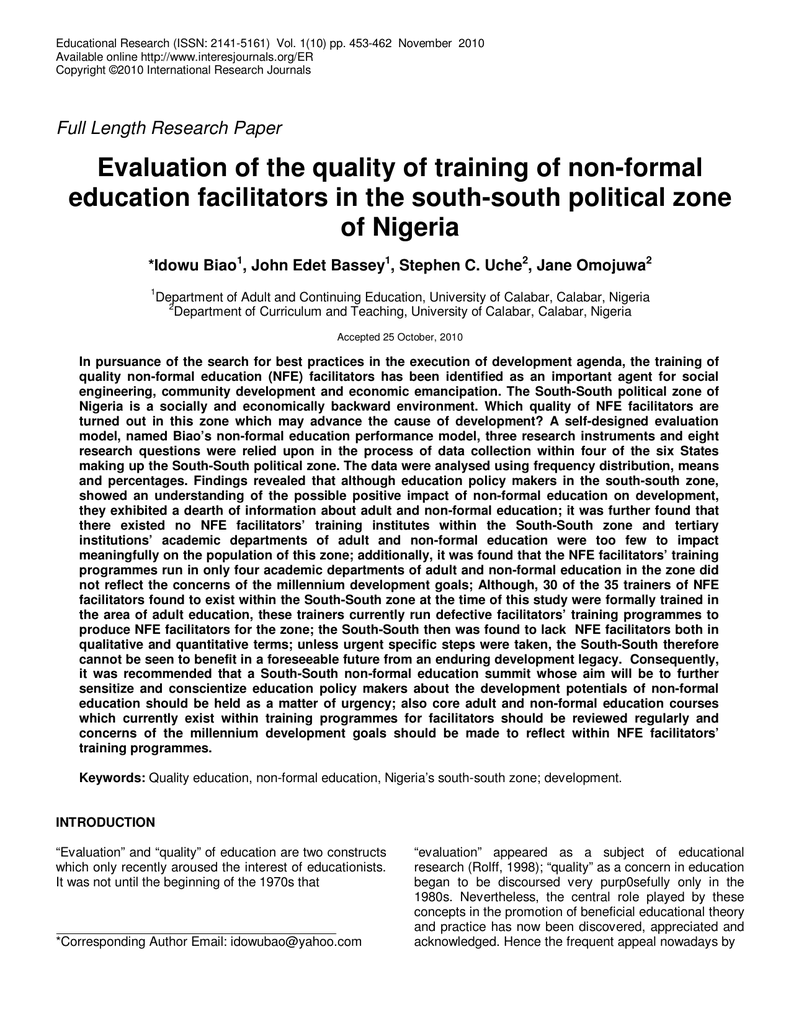

Taking or avoiding action, caring for something and adopting a gentle approach are inspired by feelings that comeįrom within – from the heart, so to speak (Winkel, 1995). Values and feelings cannot develop without knowledge.

Furthermore we can only miss a species if we have had some kind of attachment to it (Fawcett,Ģ002 Lindemann-Matthies, 2002 Weilbacher, 1993). If children are not familiar with the animals they encounter in their own naturalĮnvironment, they will find it difficult to address issues of biodiversity and ecological problems (Heywood, 1995 The extinction of species has been dramatically accelerating, and it is difficult to predict the outcome Moreover, many of them areĬlassified as endangered species or on the brink of extinction (Bixler et al., 1999 Wagler and Wagler, 2011 Invertebrates are harmless and that invertebrates are essential for our ecological system. It should be noted that the majority of these (Bixler et al., 1999) or education in sustainable development. Negative emotions towards small animals pose a genuine obstacle for an effective ecological education Worse still, the small animals that do get mentioned are associated with feelings of disgust andĪbhorrence. Mentioned, whereas small animals (invertebrates and insects) are hardly ever discussed (Kellert, 1993 Snaddon etĪl., 2008). Vertebrates which seem to be more remarkable and extraordinary are When children are asked to list the animal-species they know, they generally talk about animals that are notįound in their own environment (Lock, 1995).

Psychologist Transfercenter for Neuroscience and Learning University of Ulm Beim Alten Fritz 2 Mariangela Simonte Student, state examination (biology) Botanical Garden, University of Ulm D - 89081 Ulm, Germany Biologist, Botanical Garden, University of Ulm D - 89081 Ulm, Germany

Introducing Climate Change in Non Formal Education Sector in Nigeria: Instructors? PerspectiveĪttitudes of School Children in Germany and Costa Rica Special training programs on climate change education are needed to be put in place for instructors of the non-formal education sector in order to establish a robust climate change education in this educational sector. Thus, our findings led to the conclusion that non- formal education instructors were not sufficiently informed to provide instruction on climate change that can make the required impact on the students and communities. The study results revealed an overall moderate awareness of climate change issues awareness of mitigation and adaptation measures with the instructors indicating a need to be more informed on the subject before they can teach it. The applied data were gathered by means of the “Non-Formal Education Instructors Climate Change Questionnaire” (NEICCQ). A descriptive survey design was used to sample ninety non formal education instructors which were selected through purposive sampling from eighteen non-formal education institutions in Akwa Ibom State, Southern Nigeria. The study herein described is aimed at determining the extent of climate change awareness by the instructors of non- formal education as it is expected to streamline perspectives and understanding of how the individuals and government can contribute to its mitigation and adaptation. As Nigeria government is incrementally enabling the introduction of a climate change education to the school curriculum, the non-formal education sector engagement is vital. Evidently, this educational sector can be a key contributor to the dissemination of information on climate change, which is necessary for its mitigation and adaptation. The non-formal educational sector in Nigeria encompasses a variety of citizenry, across the rural and urban settings.


 0 kommentar(er)
0 kommentar(er)
